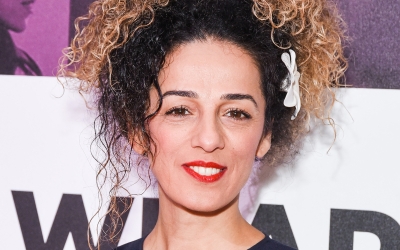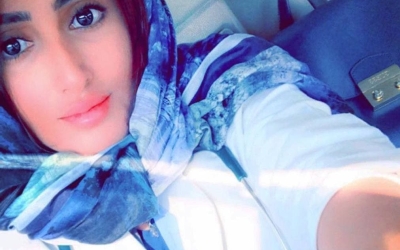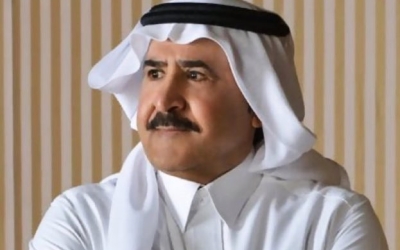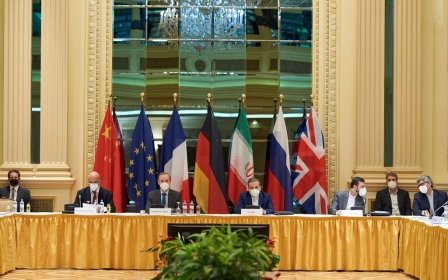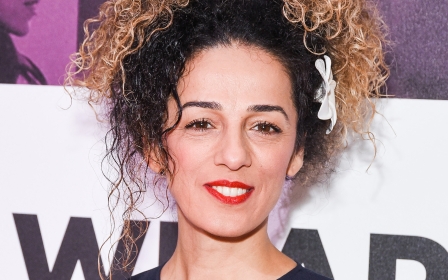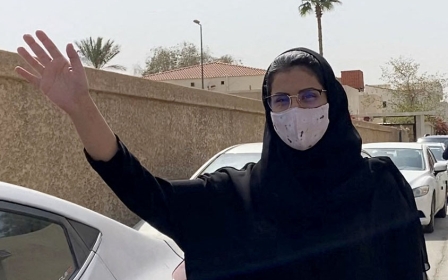Iranian abuses should not minimise Riyadh's repression, says Saudi activist
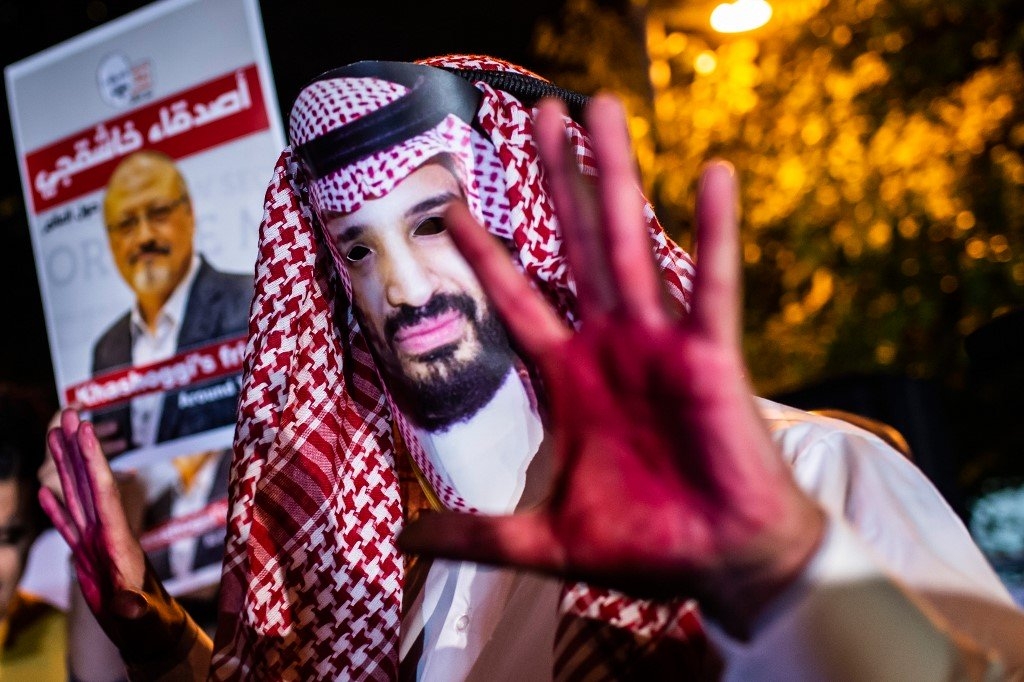
Saudi activist Lina al-Hathloul warned on Wednesday against using the alleged Iranian plot to kidnap Masih Alinejad, a New York-based journalist, to justify similar acts by the Saudi government, calling for standing "against repression whatever the nationality of the criminal".
Speaking at a Freedom First webinar on the threat of transnational repression, Hathloul condemned the Iranian government's alleged scheme against Alinejad, calling it a "horrific attempt to silence dissent".
New MEE newsletter: Jerusalem Dispatch
Sign up to get the latest insights and analysis on Israel-Palestine, alongside Turkey Unpacked and other MEE newsletters
On Tuesday, US prosecutors charged four Iranian agents with spying on Alinejad via a private investigator and attempting to lure her into a third country where she would be abducted and returned to Iran.
The Iranian government dismissed the allegations as "baseless and ridiculous".
At the webinar, Hathloul said Iran's policy against dissidents should not be weighed against Saudi Arabia's repression.
"What I can say from my Saudi background is that it's always so sad and frustrating to see that rival governments and countries use crimes of their rivals to minimise and justify what is happening within their own sphere," she said.
'By the side of freedom'
Hathloul added that she witnessed Saudi government supporters on social media trying to downplay the killing of Jamal Khashoggi by invoking the Alinejad plot.
Khashoggi, a columnist for the Washington Post and Middle East Eye, was murdered and dismembered by Saudi government agents at the kingdom's consulate in Istanbul in 2018.
Earlier this year, a declassified US intelligence assessment confirmed that Saudi Arabia's Crown Prince Mohammed bin Salman, known as MBS, approved the assassination, but the kingdom maintains that the killing was a rogue operation without the knowledge of top officials.
Despite releasing Washington's findings, US President Joe Biden has refused to impose sanctions against the Saudi crown prince. Last week, Khalid bin Salman, MBS' younger brother and the deputy defence minister in the kingdom, met with top officials in Washington in a sign of thawing ties between the US and Saudi Arabia.
Khalid himself is connected to the Khashoggi murder. He was serving as ambassador to Washington at the time of the killing. In the two weeks following the assassination, he insisted that the journalist had left the consulate unharmed, in an apparent attempt to cover up the crime.
The Washington Post also reported that it was Khalid who instructed Khashoggi to obtain the personal paperwork he needed from the consulate in Istanbul where he was killed.
"We should be by the side of freedom and by the side of the people and by the side of justice, wherever it is," Hathloul said on Wednesday.
The Saudi activist is the sister of Loujain al-Hathloul, the Saudi women's rights advocate who was jailed for three years in the kingdom after being captured in the United Arab Emirates.
Loujain was released in February but remains subject to a travel ban. She endured torture and sexual harassment in detention, according to her family and human rights groups.
Alinejad-Khashoggi parallels
On Wednesday, Michael Isikoff, a Yahoo News reporter, who has been investigating the killing of Khashoggi, drew a comparison between the assassination of the Saudi journalist and the alleged plot against Alinejad, highlighting the discrepancy in the US response.
"The parallels are striking," he said, citing the "intensive surveillance" of Khashoggi via Israeli spyware that targeted Omar Abdulaziz, a Saudi dissident, who was close to the slain journalist.
"And yet in the Iranian case, the US Justice Department views it as a criminal conspiracy and they indict people; they don't do that in Jamal's case, and I think the differences there are worth asking questions about," Isikoff said.
The webinar coincided with the release of a report on transnational repression by Freedom House, detailing efforts by authoritarian governments to capture political activists living abroad.
The report accuses China, Rwanda, Russia, Iran, Saudi Arabia and Turkey of aggressively engaging in transnational repression, using tactics "ranging from spyware and family intimidation to renditions or assassinations".
These efforts are increasingly becoming common, the report says.
"It is no longer unusual for regimes to target 'their' citizens beyond their borders - it is par for the course," it reads. "This is true both of large, powerful countries like China, and of smaller and less influential countries like Burundi. Democracies must act at home and abroad to prevent the further normalization of extraterritorial persecution."
Middle East Eye delivers independent and unrivalled coverage and analysis of the Middle East, North Africa and beyond. To learn more about republishing this content and the associated fees, please fill out this form. More about MEE can be found here.


